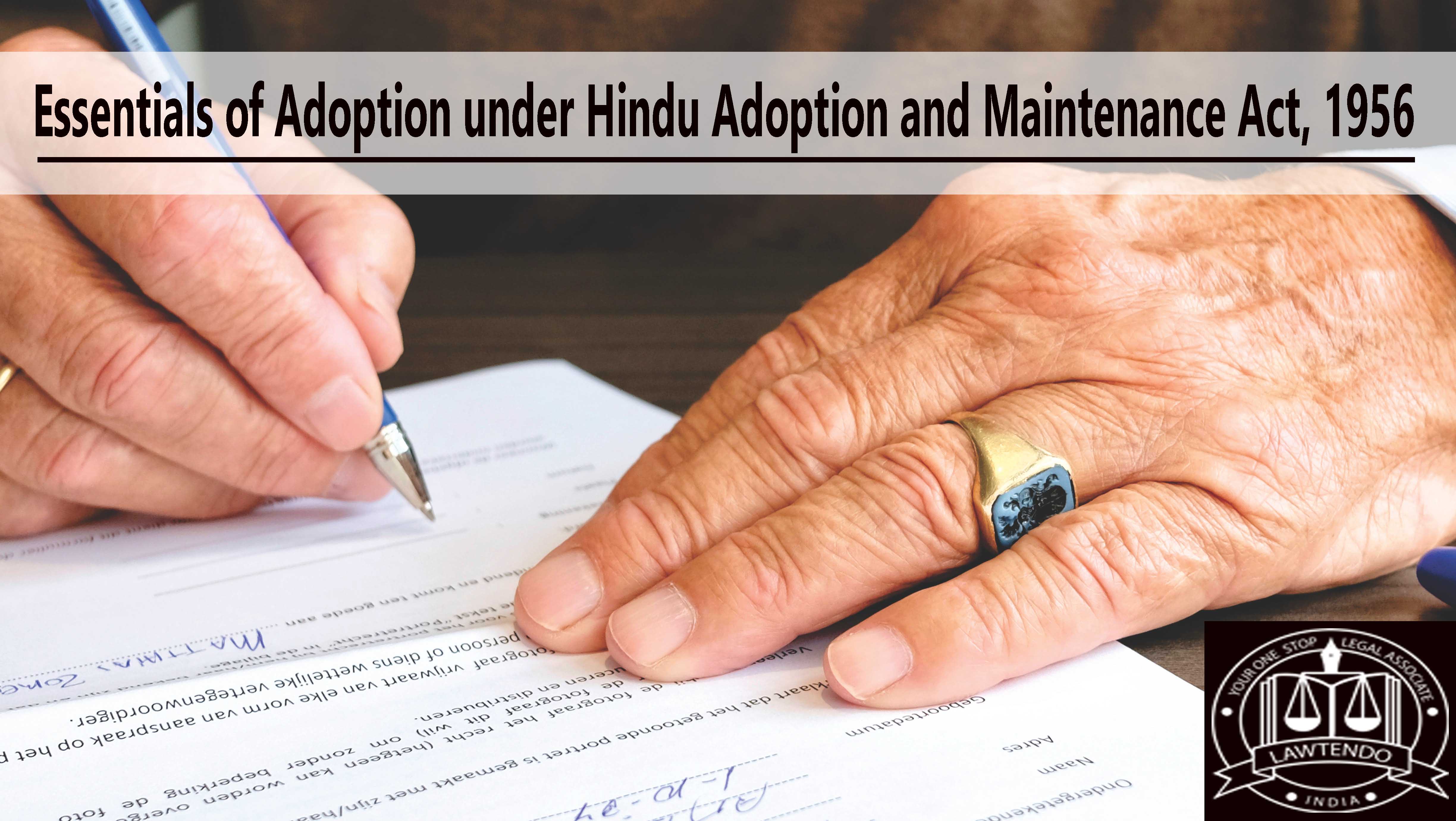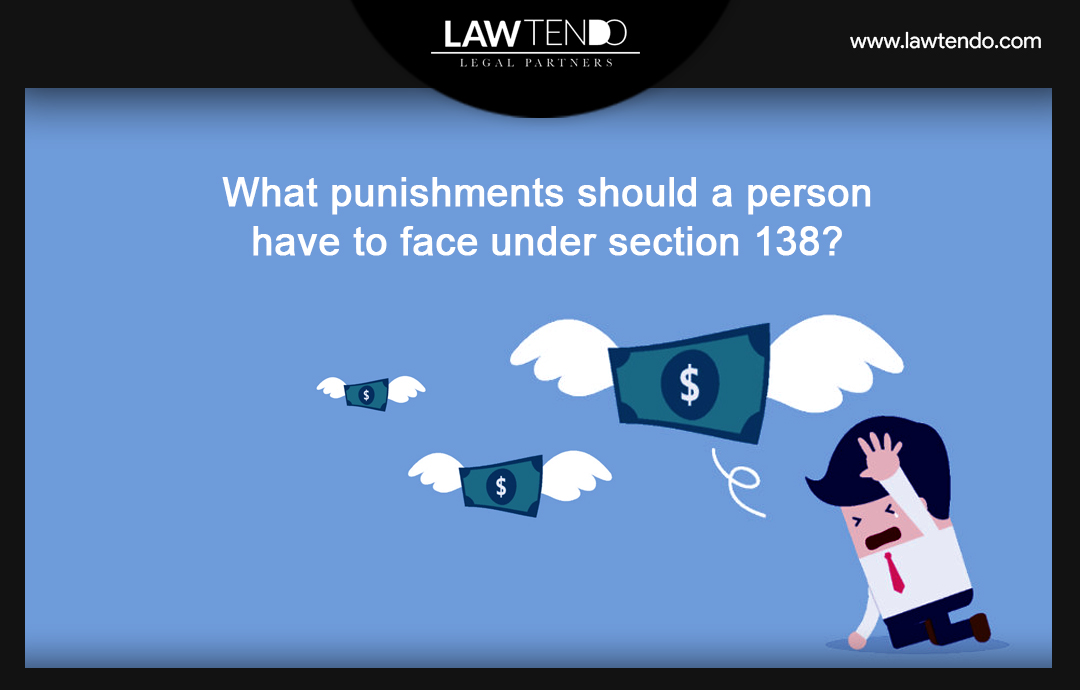Essentials of Adoption under Hindu Adoption and Maintenance Act, 1956
-

Date : 16-07-2018 12:14
What is Adoption?
It refers to the adoption of a child from the family in which the child is born to another family. It is taken as the child was born in the new family. The adopted child becomes the lawful child of his/her adoptive parents who gains all the rights, privileges and responsibilities which are given to a biological child. The main object of adoption is to continue one’s lineage and also a secure performance of the funeral’s right. In India, a child can be adopted under three legislations i.e. Hindu Adoption and Maintenance Act, 1956; Guardians and Wards Act, 1890 and Juvenile Justice (Care and Protection) Act, 2015.
When any child is given for adoption his/her interest is given the paramount consideration. All the adoptions should be registered on Child Adoption Resource Information and Guidance system and the confidentiality is also maintained by the Authority. Central Adoption Resource Authority (CARA) ensures that the adoption process functions smoothly. CARA issues guidelines laying down procedures and processes with respect to Adoption.
Essentials of Adoption under Hindu Adoption and Maintenance Act, 1956:
All the essentials of Section: 6 of Hindu Adoption and Maintenance Act, 1956 should be fulfilled in order to make the adoption valid. If the adoption is in contravention of this Act then it is considered to be void. The four essentials are as follows:
1. The adopting person should be legally capable of taking in adoption:
Case-1: Any male person can adopt a child if he is above 18 years of age, of sound mind and shall not adopt if he has a wife at the time of adoption except with her consent. Consent of wife is not to be taken if she has renounced the world or has ceased to be Hindu or declared by a competent court to be of unsound mind. If an adopting male has more than one wife then the consent of all need to be taken.
Case-2: Any female person can adopt a child if she is above 18 years of age, of sound mind and unmarried. If she is married then marriage has been dissolved or husband is dead or husband has renounced the world or husband cease to be Hindu or has been declared by a competent court to be of unsound mind.2. The person giving adoption must be competent to do so:
Case- 1: The parents or legal guardian of a child can give him/her in adoption.Case-2: If the father of the child is alive then he has the right to give adoption but with the consent of his loving wife. The consent need not be taken of the wife if she has renounced the world or has ceased to be Hindu or declared by a competent court to be of unsound mind.
Case-3: The mother can also give the child in adoption if her husband is dead or has ceased to be a Hindu or has renounced the world or has been declared by a competent court to be of unsound mind.
Case-4: In case both the parents are dead or have been declared of unsound mind by a competent court or have renounced the world or child’s parentage is unknown or child has been abandoned then with the prior permission of the court the child can be given in adoption by his/her guardian. The court should be satisfied that adoption is for a child’s welfare and interest is also taken into consideration. Also, the court needs to satisfy itself that adoption is not for any consideration or reward.4. The person being adopted must be capable of taking in adoption: A person can be adopted if: a.] he/she is Hindu, b.] he/she has not been adopted already, c.] he/she is not married unless there is a custom which is applicable which permits adoption, d.] he/she has not completed the age of 15years.
5. Has to comply with other conditions enumerated in Chapter II of the Hindu Adoption and Maintenance Act, 1956: The physical act of giving and taking ceremony must be done to another by the parents. This is done to prove valid adoption.



